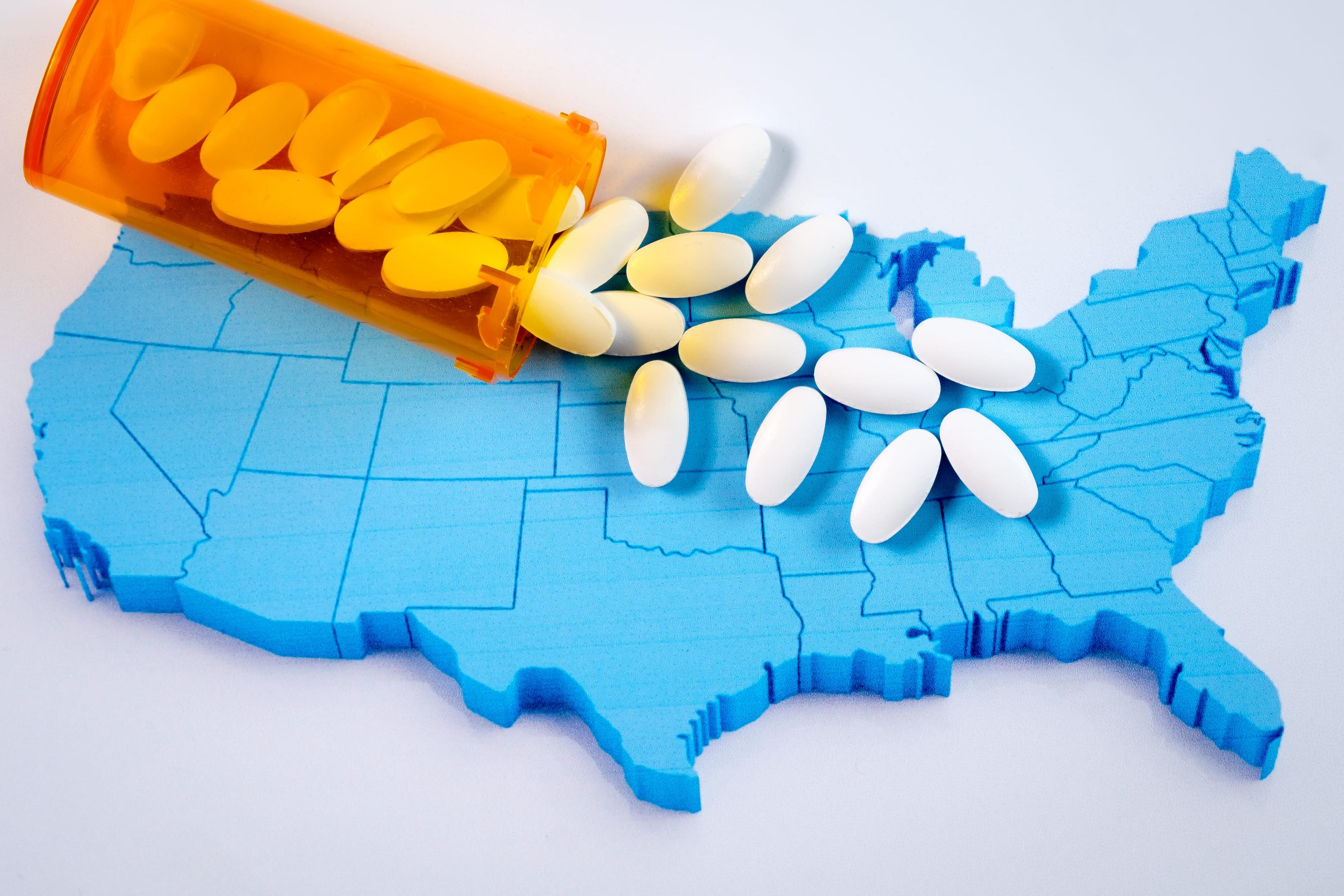Prescription Drug Prices Are Driving Up Health Insurance Costs—Here’s What We Can Do

| 2 min read
As the President and CEO of Blue Cross Blue Shield of Michigan, I have the privilege of leading a nonprofit mutual health insurance organization that serves over five million members nationwide. I take to heart the responsibility of leading BCBSM into its next chapter. The foundation of who I am goes back to my family’s 130-year-old dairy farm in Northern Michigan. There, I learned the value of hard work, showing up with purpose, and caring for others. Those lessons continue to guide me today. I have held several senior leadership roles in my nearly 20 years working at this company, most recently as Executive Vice President, Chief Operating Officer and President of the Emerging Markets Division. It has given me a grounding in what our organization is today and what it needs to be in the future. Health care is at a turning point, with immense opportunities and significant challenges. My vision for BCBSM is centered on the people we serve. We serve them best by continuing to transform, innovate and deliver value. We represent them by staying grounded in our commitment to accessible, affordable care every day.






